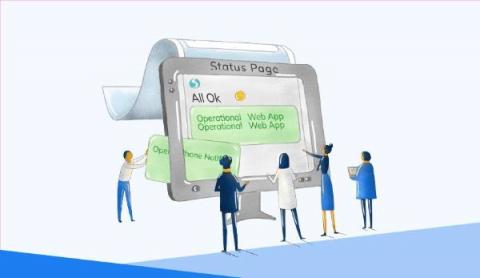Kubernetes Incident Management Best Practices
Creating just any infrastructure on Kubernetes is not enough. There are so many basic configurations you could apply and create the infrastructure for your application for the time being and it might work just fine. The incident responses won’t always remain 100% reliable. You will run into newer potholes, and that’s okay.











